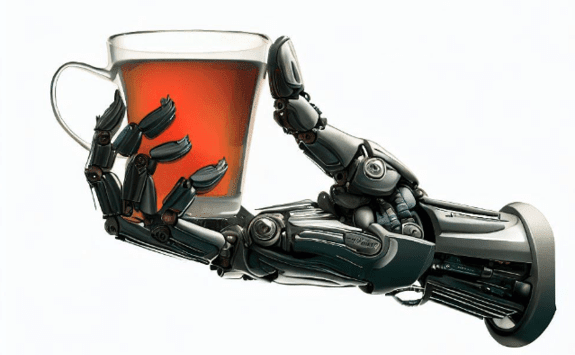Medical Devices
We are committed to researching and developing new medical devices to improve outcomes for people around the world.
Our medical devices have the potential to provide advanced therapeutics for a large array of conditions. They cover areas including:
- spinal cord injury
- sensory malfunctions
- chronic disease
We’re researching a diverse array of exciting therapeutic technologies. We hope our research will inform the next generation of medical devices.
Exemplar projects include:
- devices to restore vision to the blind
- brain prostheses to prevent seizures in epilepsy patients
- advanced bionic limbs for amputees
- orthopaedic implants

Devices to restore vision to the blind
Vision is one of the most important human senses. Loss of vision is devastating to both the individual and their families. The most important medical task is to prevent vision loss in the first instance.
Where that isn’t possible, we need to develop devices that can restore visual function.
For those blinded by retinal disease, restoring visual function through the eye is impossible. Visual prosthetics such as retinal implants and visual brain implants can play an important role in visual restoration.
Professor Patrick Degenaar is leading activities in developing visual prostheses for the blind. His research uses advanced implantable optoelectronics to function as a visual prosthetic.
Brain prostheses to prevent seizure in epilepsy patients
Epilepsy is a severe condition that affects individuals through seizures and lapses in control and situational awareness. It makes the individual unable to drive, which can affect mobility and study and, as a result, economic position and mental health.
Professor Andrew Jackson led a large team on the CANDO project to begin to combat epilepsy symptoms. The project explored how to develop a brain implant which could prevent seizures.

Orthopaedic implants
Orthopaedic implants such as hip replacements are increasingly important with age. How these artificial mechanical implants interface with the body is actually a complex phenomenon requiring significant study.
This is particularly the case with ball and socket implants, such as metal-on-metal joints. Here at Newcastle University, Dr Goksu Kandemir, Dr Oana Bretcanu and Dr Elise Pegg are exploring these devices in detail. Their research aims to support companies and regulatory authorities in optimising future devices.
Advanced bionic limbs for amputees
Across the world, people have limbs amputated through disease or injury. Bionic limbs can restore function to busy lives. These limbs are mechanically improving year after year with advanced materials and electronics. But there is much to be done, in particular, to increase user control.
Here in Newcastle, Dr Matt Dyson is developing advanced control techniques and exploring how they can improve the daily lives of amputees.

-(1)-(1).jpg)